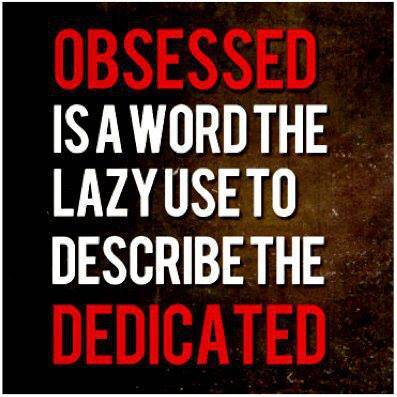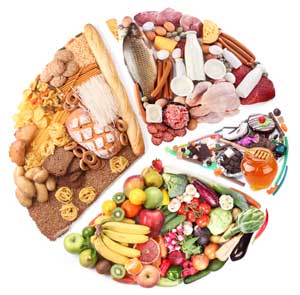I recently got some comments about a post I wrote in November 2013 called “To the Asshole Who Wrote ‘5 Reasons to Date a Girl with an Eating Disorder.'” Some noted the article was satire and I missed the point. Others complained that by mentioning it I was spreading the vitriol.
Mood music:
Said one woman:
It’s satire plain and simple. I’m a woman who has struggled many years with eating disorders and I can see the humor in it. We’ll cry if we don’t laugh and besides, those “reasons” have some truth, at least in my case.
Said another:
If you hate something so much, why are you sharing it and giving it more attention? You didn’t even get feedback aside from “F You.” The only thing this article does is expose more people to the information.
I respect these opinions and think they were sincere and honest. But my dislike of the satire and decision to call bullshit on it stands.
Anyone who knows me knows I enjoy satire and that I have a dark sense of humor. I enjoy a lot of shows people find offensive, like South Park because of its biting satire on religion and fame.
I also identify with the statement that we need to laugh at our disorders to stay sane. But as a compulsive binge eater, I also know the helpless feeling that comes with being out of control: the feeling that nothing will ever get better, the feeling of doom. For people in that mindset, articles like this are like stab wounds.
I also understand the sentiments of those who believe I’m spreading the negativity I dislike so much. But sometimes, you gotta take a stand. Staying quiet about something objectionable doesn’t make it go away. And those who will be hurt by the article need someone in their corner, speaking up for them.
That how I choose to roll, and I’ll never apologize for it.




